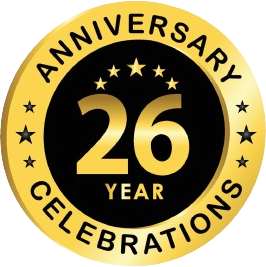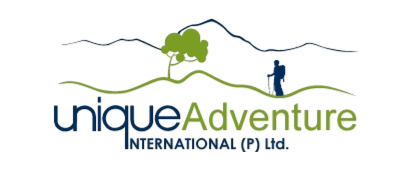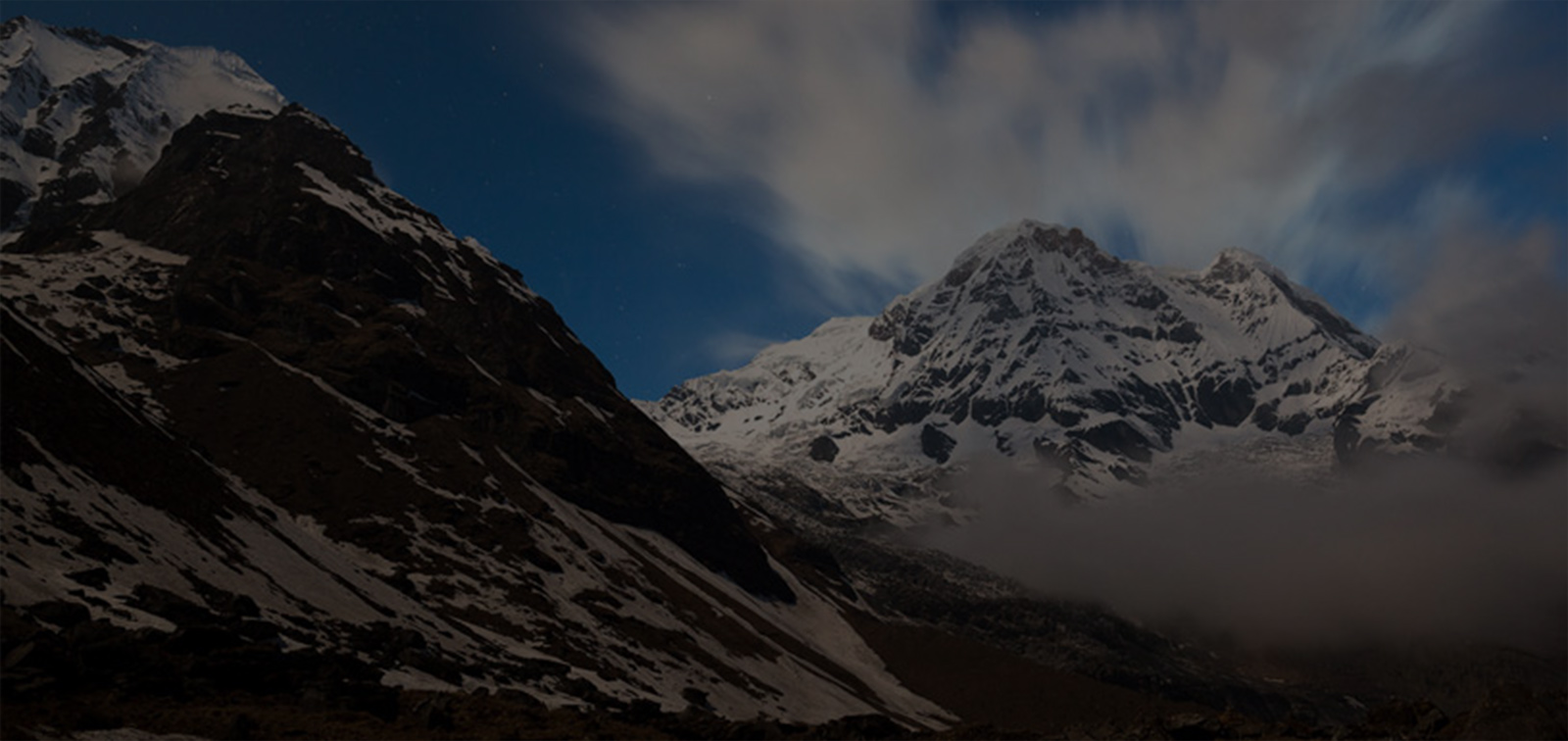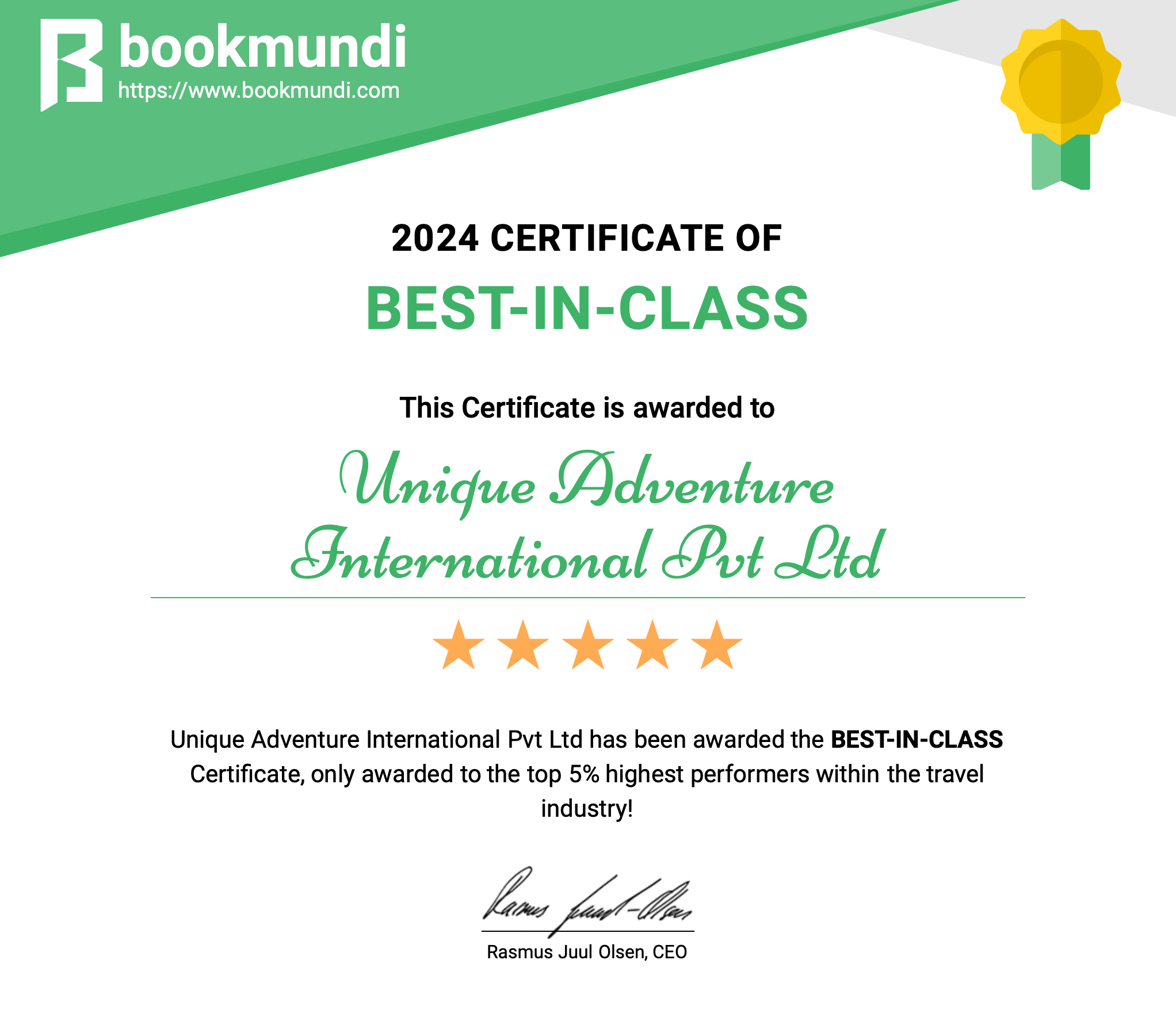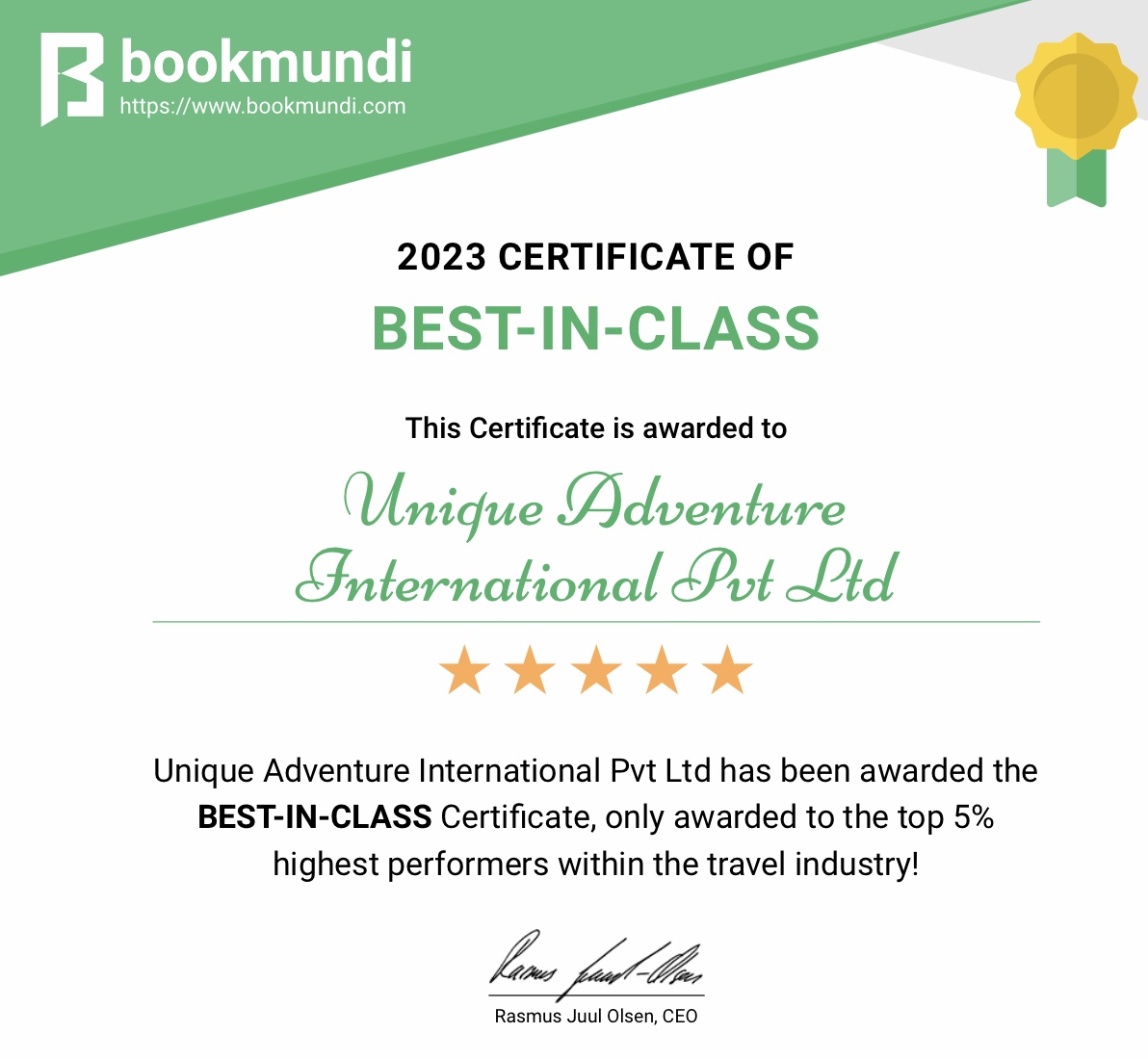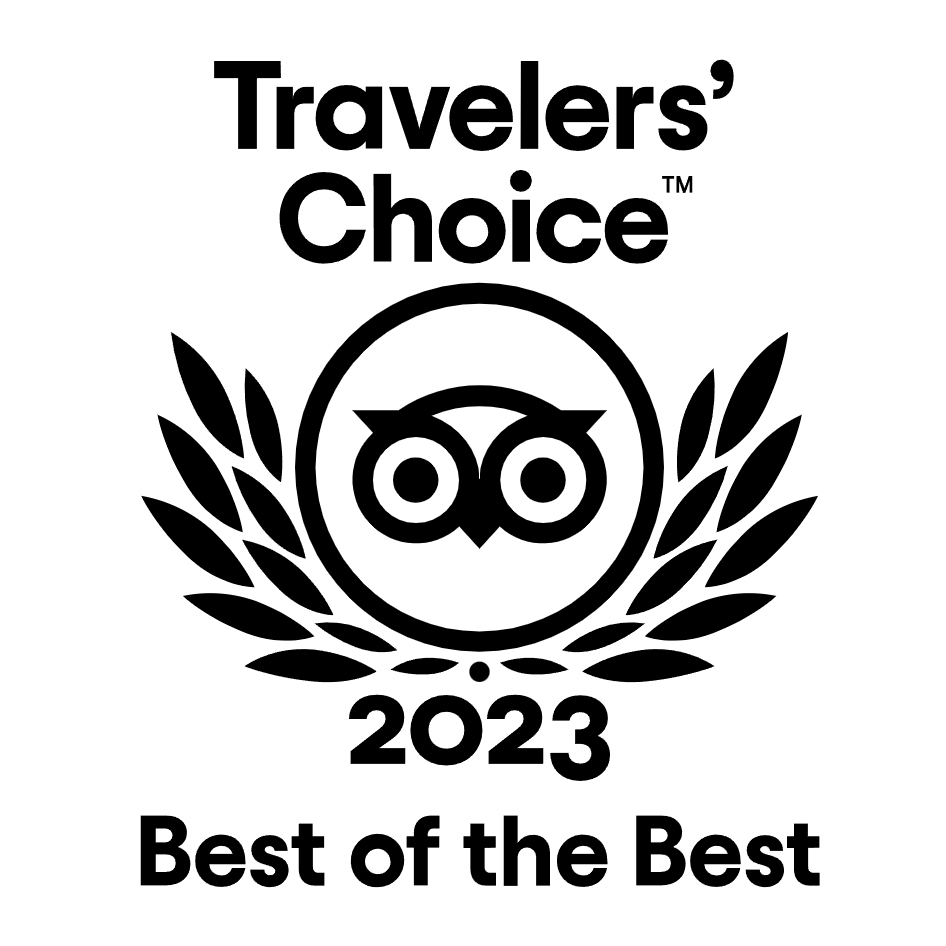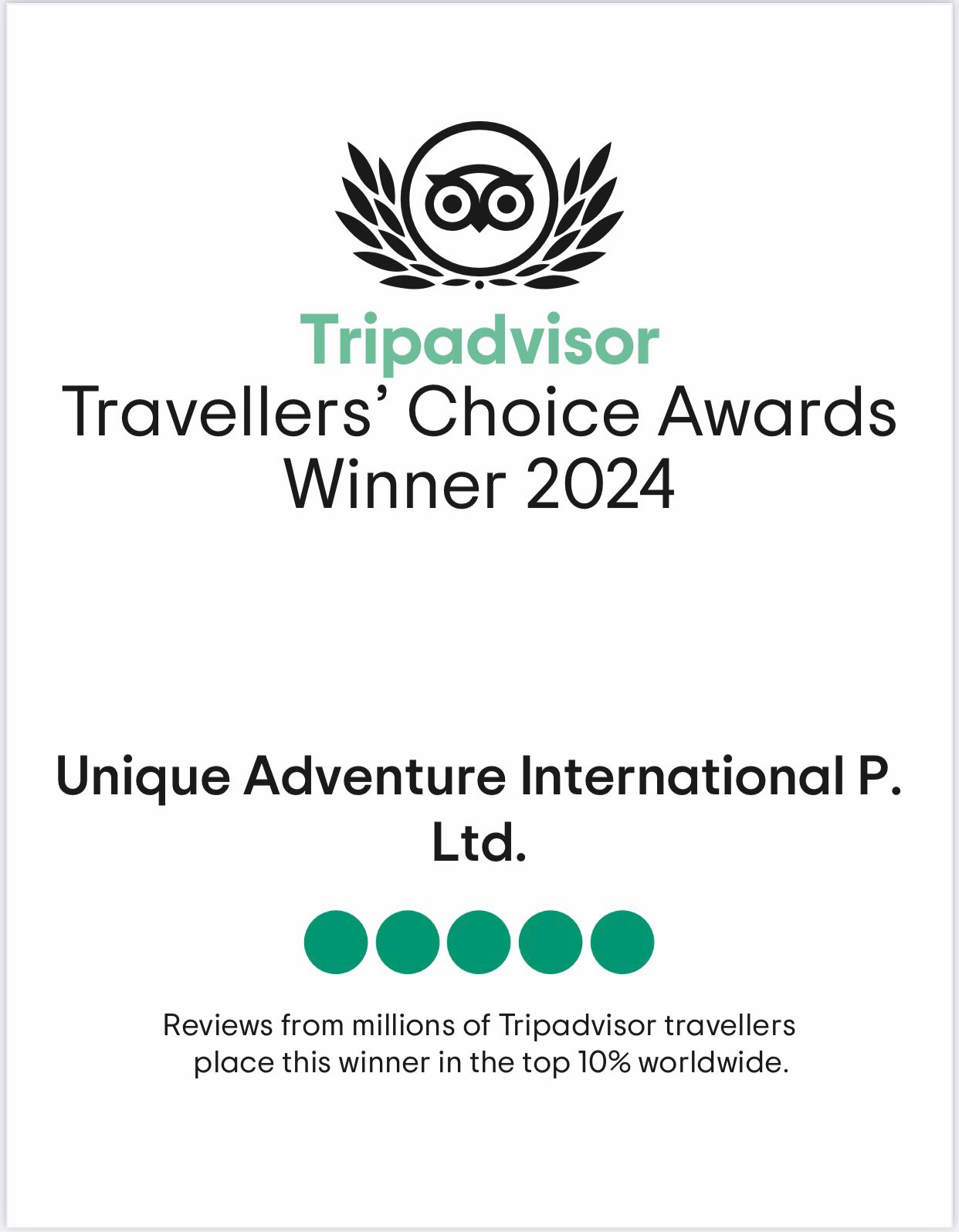Ensuring your health and safety during your stay in Nepal is paramount, and there are several precautions you can take to protect yourself against potential health risks. Here's a comprehensive guide to help you stay healthy and prepared during your travels:
Travel Insurance:
Obtaining travel insurance that covers theft, loss, flight cancellation, emergency evacuation, and medical treatment is highly recommended for any trip to Nepal. Ensure that your insurance policy also covers the specific activities you'll be undertaking, such as trekking, river rafting, wildlife safaris, and climbing, to safeguard against unforeseen circumstances.
Immunization:
While Nepal does not require any specific immunizations for travelers, certain vaccinations are recommended to protect against common illnesses. Vaccinations for diseases like Cholera, Meningitis, Tetanus & Diphtheria, Typhoid, and Gamma Globulin should be considered necessary for your trip. Consult with your physician to determine which vaccinations are suitable for your travel itinerary and get a complete health check-up before your departure.
Medical Kit:
Carrying a simple yet adequate medical kit can be invaluable during your travels. Here's a list of essential items to include:
- Pain relievers like Aspirin or Panadol
- Antihistamines for allergies and insect bites
- Antibiotics (prescribed by a healthcare professional)
- Medications for stomach upsets like Imodium or Lomotil
- Rehydration mixture for severe diarrhea
- Antiseptic, bandages, and wound care supplies
- Insect repellent and water purification tablets
- Throat lozenges, moleskin, and other personal medications
Prevention, the Best Medicine:
Taking preventive measures to protect yourself from illnesses and infections is crucial. Follow these guidelines:
- Avoid consuming tap water, ice, and unpasteurized milk. Stick to reputable brands of bottled water or soft drinks.
- Wash fruits and vegetables with purified water or peel them before eating.
- Be cautious with dairy products and ensure they are hygienically prepared.
- Avoid eating food that has been left to cool or may be contaminated.
- Practice good hygiene by washing hands frequently and using purified water for brushing teeth.
- Dress appropriately for the climate to prevent heatstroke or hypothermia.
- Protect yourself from insect bites by using repellents and covering exposed skin.
- Avoid walking barefoot to prevent worm infections, and be mindful of potential diseases transmitted through insects.
By following these precautions and staying vigilant about your health and hygiene, you can enjoy a safe and memorable journey through the breathtaking landscapes of Nepal.
